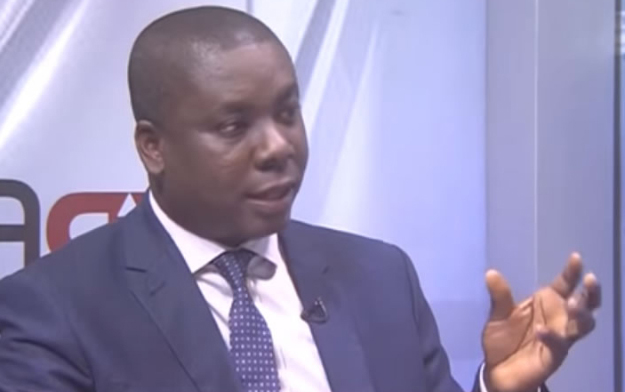The spokesperson for Vice President Dr. Mahamudu Bawumia, Dr. Gideon Boako, has identified land acquisition challenges as the primary cause for delays in the completion of hostel facilities intended for head porters, commonly referred to as Kayayei.
Speaking on the matter, Dr. Boako underscored the importance of these hostels in providing a stable living environment for head porters, thereby facilitating their involvement in technical and vocational education and training (TVET) programs.
In an interview with Citi FM, Dr. Boako elaborated on the obstacles posed by land acquisition issues, which have significantly impeded the progress of many of these projects.
He emphasised the critical role that the completion of these hostels plays in addressing the housing needs of Kayayei and enabling their access to educational and training opportunities.
Dr. Boako highlighted the broader objectives of the TVET initiative, stating that it aims to establish a framework for managing migration inflows and devising employment strategies tailored to the needs of the Kayayei community.
By providing access to education and training within a supportive environment, he insisted that these initiatives seek to empower these individuals with the skills and resources necessary to improve their socioeconomic prospects.
The spokesperson reiterated the government's commitment to addressing the challenges faced by Kayayei individuals, particularly in securing stable housing and accessing educational opportunities.
He emphasised the importance of collaborative efforts between government agencies, local authorities, and relevant stakeholders to overcome barriers such as land acquisition issues and expedite the completion of hostel projects.
“We started from Agbogbloshie and land was given, and it became a whole tussle. There was another consideration with the Roman Catholic Church, partnering with Father Campbell, and we wanted to do that jointly with the Soup kitchen.
“There were some commitments from some of the landowners in Accra at a point, and it became a problem. I remember we had to go to the Ashanti region. We were looking for land, and we got some land at Bantama but people living around complained, and the main delaying factor was the land issue. Other than that, the government was prepared, and funding was available for this to be done," he said.
Latest Stories
-
Clifford Danquah crowned Betway Ghana’s first Aviator Legend, walks away with GHS 500,000
6 minutes -
Uphold integrity – Shamima Muslim urges young political communicators
13 minutes -
50 roads under Big Push to start this year – Alhassan Suhuyini
14 minutes -
Ghana to improve infrastructure to support Recreation agenda – Kofi Adams
22 minutes -
Analysis: What’s in the NDC’s first mid-year budget review
27 minutes -
ENI applauds Ghana’s investment climate as government pledges stronger support for energy growth
27 minutes -
OmniBSIC Bank returns for 2025 JoySports Invitational Tournament
46 minutes -
Photos: Ghana defeat Niger to finish third in WAFU-B U20 Boys Cup
2 hours -
Star Assurance signs up for JoySports Invitational Tournament
2 hours -
Indigenous firm Dutylex partners with Petro-Canada Lubricants to expand footprint in Africa
2 hours -
JAPTU Ghana pays courtesy call on IGP Yohuno, POMAB members
2 hours -
The healers who were left behind: A tale from Nunyãdume
2 hours -
Telecel bridging digital divide through KNUST SONSOL Programme
3 hours -
2025 Mid-Year Budget: Trade expert calls for single-digit inflation to strengthen economy
3 hours -
From Doubt to Dreams: Telecel’s 2Moorch Money Promo changes a nurse’s life
3 hours

